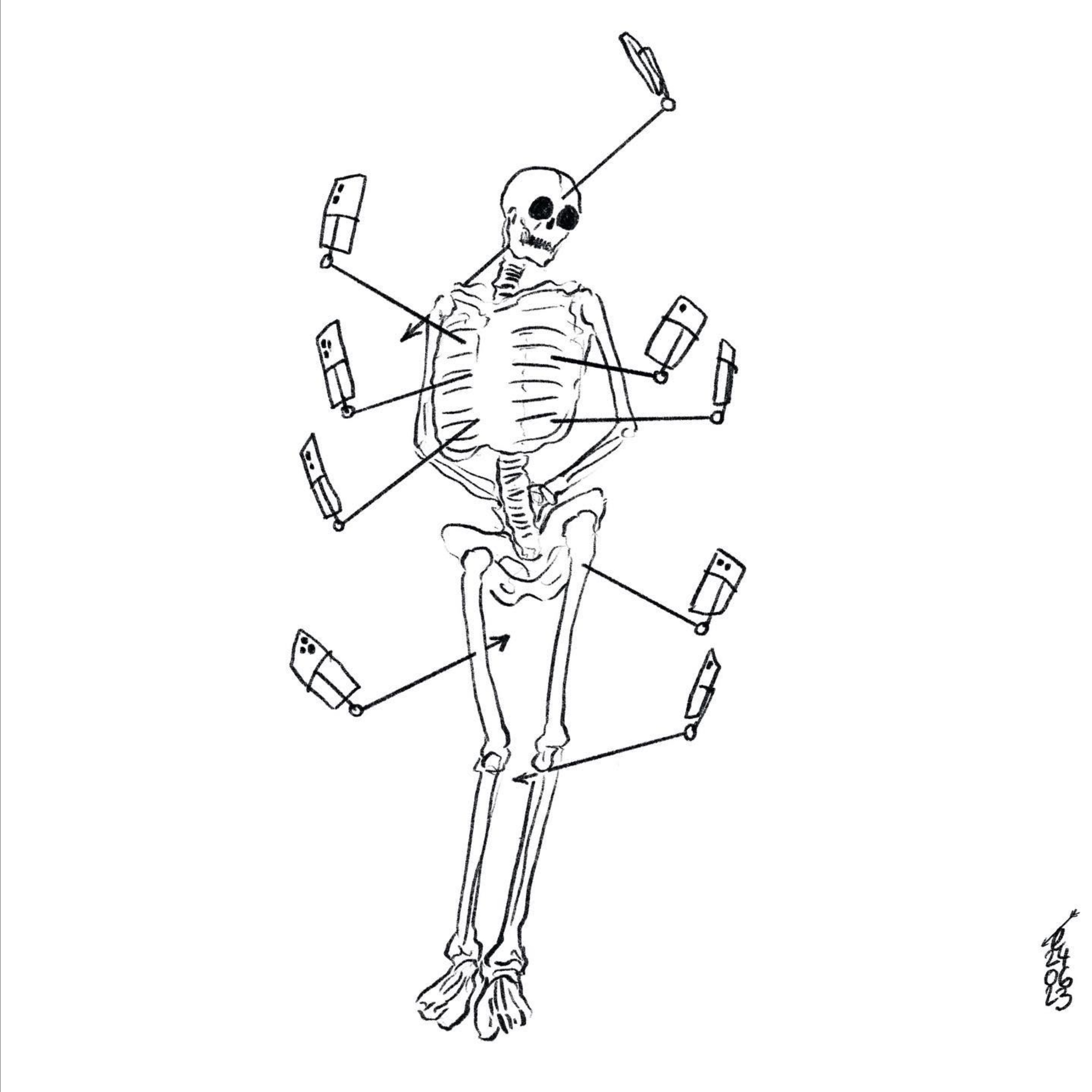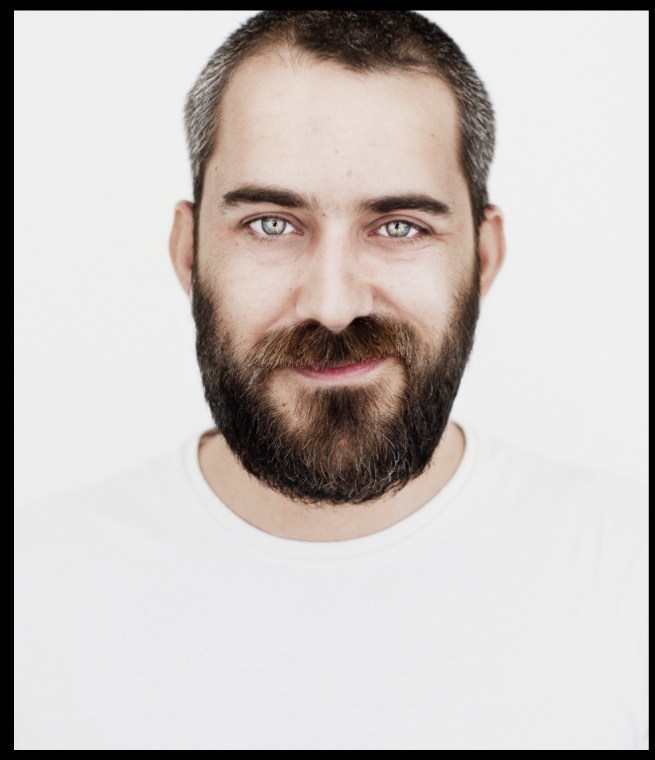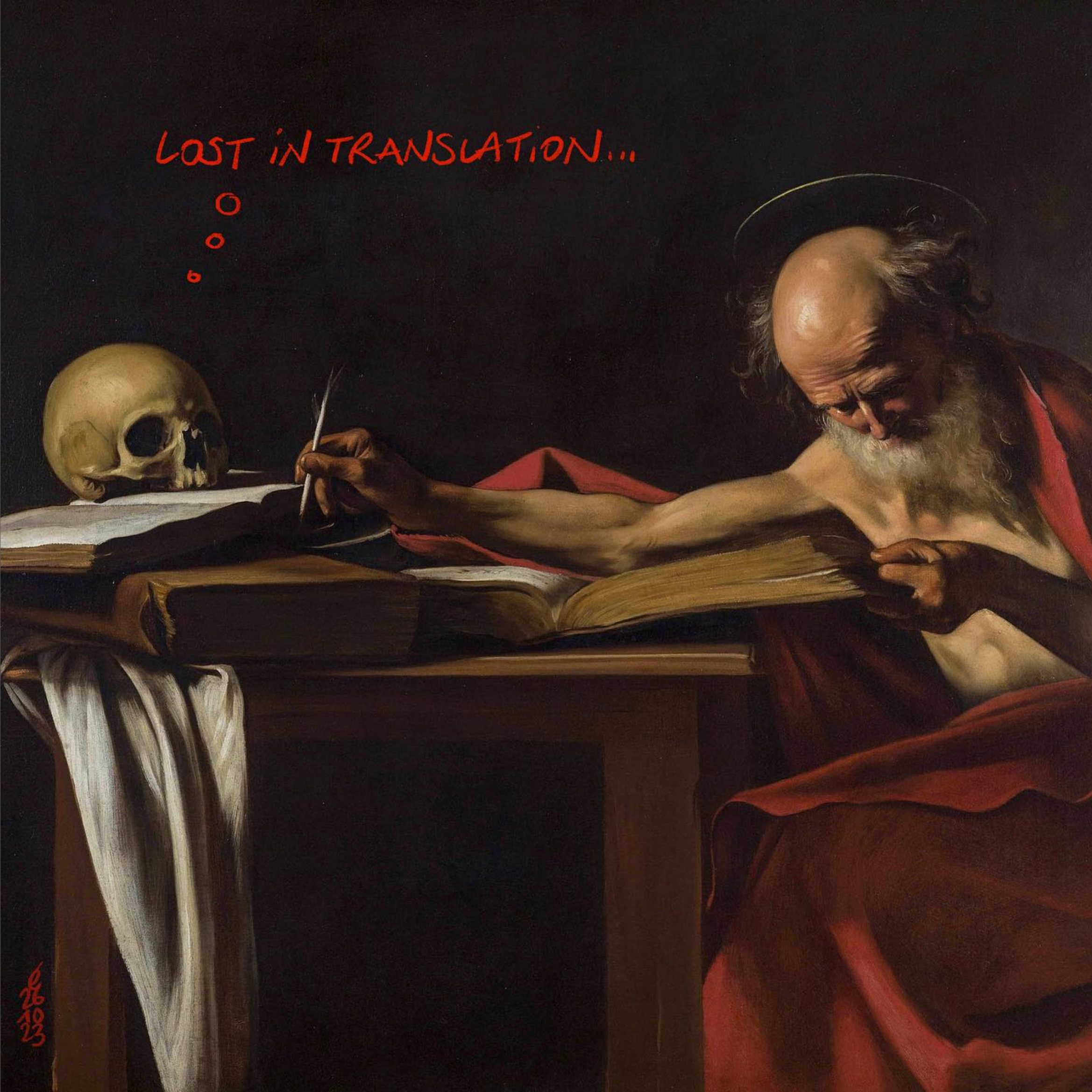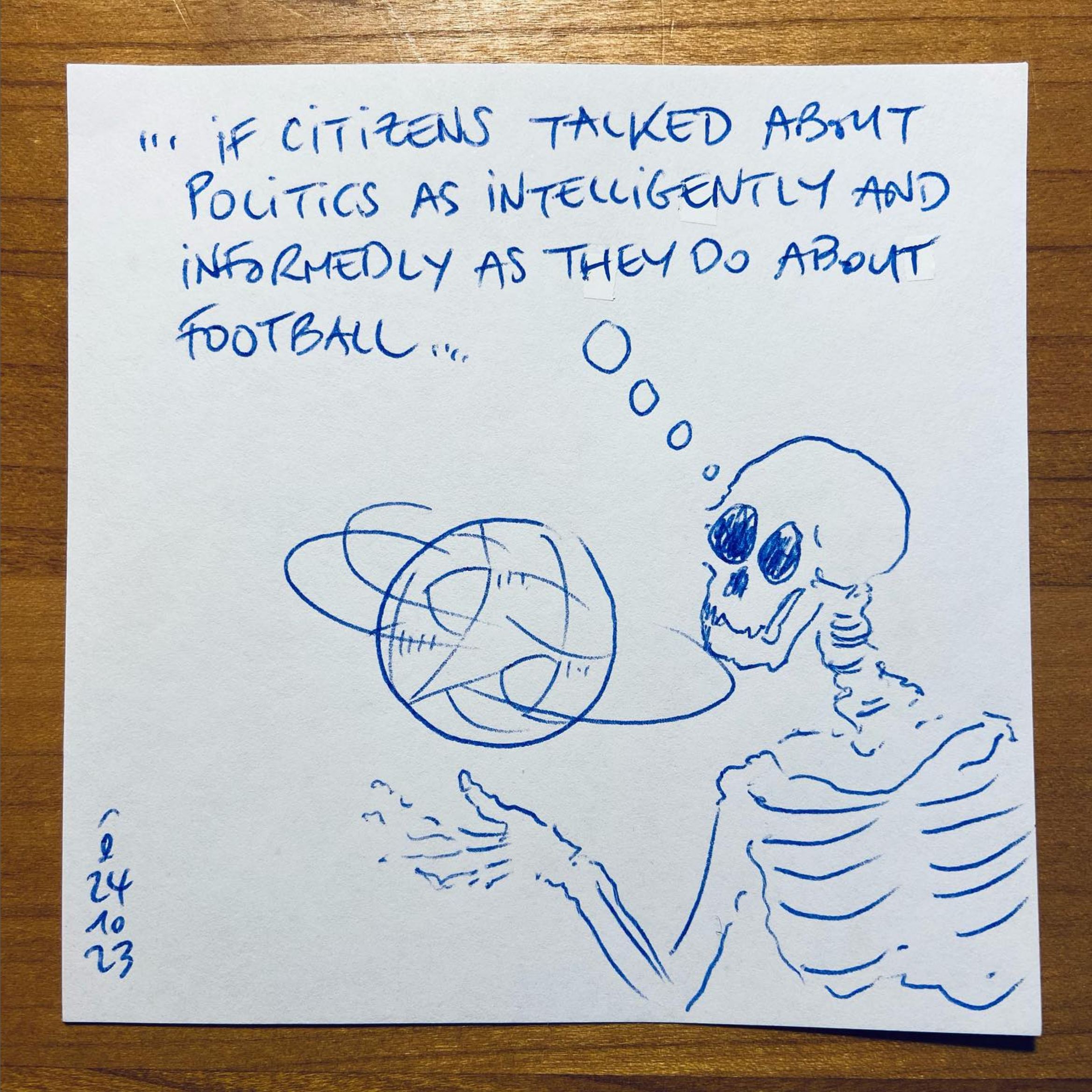
It doesn’t matter where you come from, not even if you are from here. If you don’t fit the stereotypical white, European, well-educated and well-off stereotype, you have a problem you can’t escape: unequal treatment and discrimination on racial grounds.
We know that almost every day police searches of ethnic profiling are carried out, but the reality does not stop there: renting a house, finding a job, playing sports on public roads, are activities in which presenting any trait that deviates from the norm makes them almost impossible.
Let’s put it more bluntly, migrants living in Spain need to see progress in terms of integration in order to be able to put their lives on an equal footing with anyone else.
In this context, Platoniq has initiated a project called Diálogos Migrantes, which consists of a creative search for new narratives that can compensate for the polarization suffered by migrants in our society, with the focus on how cooperative culture and the Social and Solidarity Economy can be transformative tools for social cohesion.
Through three meetings, we identified the type of impact that the processes of polarization and misinformation have on migrant communities from a personal, emotional, economic, social and political perspective and, to do so, three collectives from Barcelona, Furia Mexicana, Puerta de África and Singa Barcelona, were working on the effect that the new discourses have on raising awareness of migrant issues from the point of view of the affected communities.
We were joined at the first session by Por Causa, a foundation that works to curb hate speech and enable migration to contribute to the generation of prosperity. Its director, Lucía Maravillas, gave a training workshop aimed at learning how to generate new narratives and reach new audiences that are part of an undecided and ambivalent audience. The objectives of the session were mainly focused on identifying the scenario and themes on which a narrative based on love and not on confrontation and hatred can be generated.
Cover of the PorCausa presentation
The second session laid the groundwork for a staged dialogue that aimed to show that it is possible to use innovative formats to express the issues that affect migrants. In this way, various forms of staging were designed, based on four main themes: how to make racism visible without falling into victimization, how to disarticulate the imaginary about migrant jobs, how to stop blaming migrant society for social problems and, finally, how to explain the contribution of the migrant economy to the cooperative, social and solidarity economy.
Based on these four axes, four staging formats were devised: dramatization, monologue, performance and reportage, forms of expression that break with the usual news we read in the newspapers and that help us to empathize from the point of view of respect and mutual understanding.
Moment of the conclusions of the second session on new narratives.
In the third session, the formats proposed in the last session were carried out, in addition to viewing the dialogue triggering pieces developed by the invited creators. The result is a compendium under construction of alternative narrative forms, which seek to open spaces of mutual understanding with migrants, to break the image and prejudices that are so commonly used to explain this reality.
“Somos Migras”, by Luna Andrade, one of the creators of the project.
In addition to the three workshops, together with four content creators coordinated by La Fera: Luna Andrade, Patricia Vizcaíno, Pedro García Mejía and Shalana Rodríguez, new narrative forms were explored by talking about migratory conflicts, the migrant economy, the role of Europe or the advantages of social and solidarity cooperativism. Each of them contributed an audiovisual piece that triggered debate, from which a staged response had to be developed. The result is a series of pieces of a diverse nature that seek to move citizens and raise awareness of these issues.
The Migrant Dialogues are a first step in the elaboration of a Migrant Constitution that aims to give voice and understand what is the model of society of a totally heterogeneous collective crossed by the contradictions of a complex world, which must be navigated if we want to build a more just and egalitarian society.
It is not enough to know that a problem is happening, or even to try to change the policies that make it happen, it is necessary to change the mentality and sensitivity of each and every one of those who share the public space in a society like the Spanish one so that this space can be common, shared and lived naturally by anyone.
An experience realized thanks to the cooperative work between Platoniq, Bitlab, La Fera and Quesoni and the financing of the Singular Projects of the Generalitat de Catalunya.




